- Write by:
-
Friday, January 22, 2021 - 2:43:03 PM
-
509 Visit
-
Print
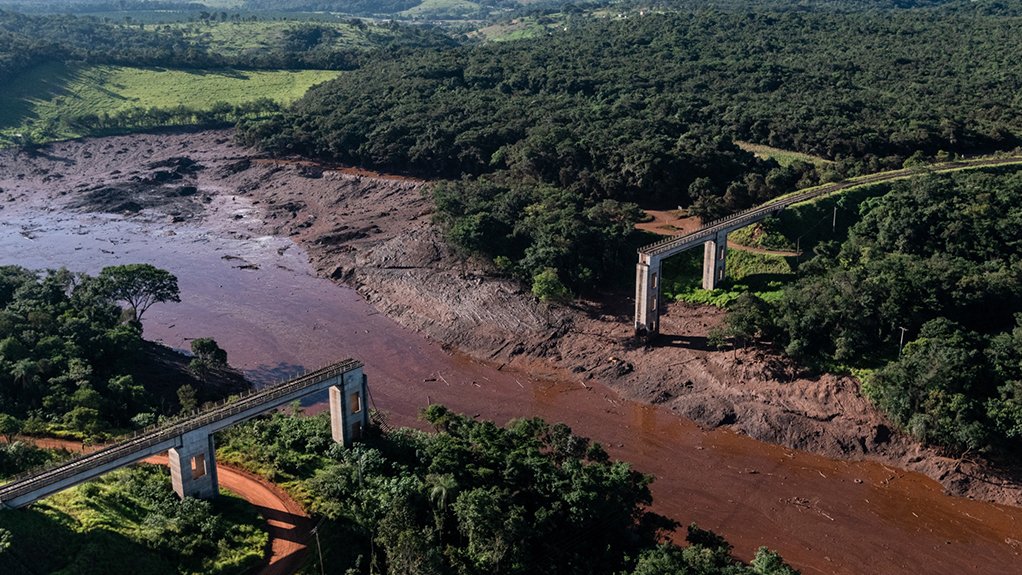
Mining News Pro - The vast majority of large-scale mining companies are still unable to demonstrate that they review and report on how effectively they manage risks related to tailings storage facilities (TSFs), and take responsive actions as necessary, despite growing disclosure on TSFs, the Responsible Mining Foundation (RMF) notes in its ‘Responsible Mining Index (RMI) for 2020’.
The publication, last year, of a new global standard was “most welcome”, but the RMF indicates that it will support more ambitious aims for the standard only as it evolves.
Some of these more ambitious aims include raising accountability and responsibility to the CEO or the board level; making free, prior, and informed consent (FPIC) a fundamental right, not a formality to be ineluctably obtained; and including protection of World Heritage Sites and other recognised protected areas.
Additionally, including the protection of riverine, lake, and marine environments would also be supported; as would specification that TSFs should be located away from community and worker facilities, and that they should not be located in areas with moderate or higher seismic risk.
The more ambitious aims would require more public disclosure of the effectiveness of measures taken to limit risk; and a revision to the consequence classification matrix to classify as ‘Extreme’ any failure that would result in any loss of life, instead of the current threshold of 100+ human fatalities.
Moreover, the Global Industry Standard on Tailings Management applies mostly to new TSFs, with less attention being paid to existing and abandoned ones, the RMF points out. The foundation notes, however, that it is estimated that up to one-third of the current global portfolio of TSFs are impaired and in need of urgent intervention; and that between 25% and 30% of all TSFs are abandoned, raising the question of responsibility over time.
As an example, the RMF referred to the government of China acting incisively last year, after a tailings dam spill at a molybdenum mine that was the biggest tailings leak the country had experienced in 20 years.
“But we need more coordinated and inclusive efforts worldwide to ensure leading practices on tailings management are implemented and enforced across the industry. Whatever the mechanism, clearly urgent action is needed to address the thousands of highest risk TSFs that currently threaten the lives of many peoples around the world,” the foundation avers.
Considering that it has been two years after the tailings dam burst in Brumadinho, Brazil, the RMF notes that the mining industry has shown its willingness to take the issue of global tailings risks seriously.
“But the challenges remain great, if one considers the vast numbers of abandoned sites, the profit motive driving corporate decision-making, and the way regulators have allowed companies to walk away from their responsibilities and externalise costs to society and future generations.”
The proposed establishment of an independent Global Tailings Institute is an opportunity to promote a more ambitious Global Industry Standard on Tailings Management, re-build trust in the industry, and use its independent status to foster inclusive international collaboration, the foundation says.
Short Link:
https://www.miningnews.ir/En/News/610167

Iron ore futures prices drifted higher on Thursday as the latest soft data from top consumer China triggered renewed ...
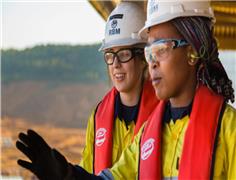
Rio Tinto said on Wednesday it is teaming up with a global venture studio and start-up investor to back the development ...
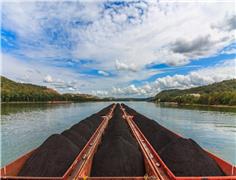
Outflows from global physically backed gold exchange traded funds (ETFs) continued for a 10th month in March, but at a ...

Australia’s Fortescue said on Monday it would form a joint venture with OCP Group to supply green hydrogen, ammonia and ...
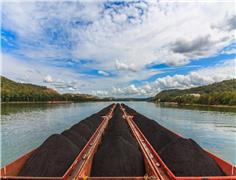
BMO Bank quietly dropped its policy restricting lending to the coal industry in late 2023, helping it avoid being ...
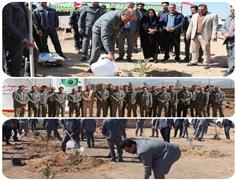
Mining News Pro - The ceremony of commemorating the tree planting day and the beginning of the afforestation project and ...
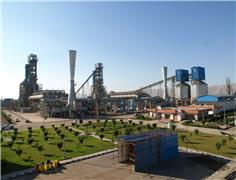
Mining News Pro - The DRI manager of Hormozgan Steel Company's said: According to the plans made in line with the ...

Private credit managers are doing significantly more fossil-fuel deals now than just a few years ago, as they step into ...
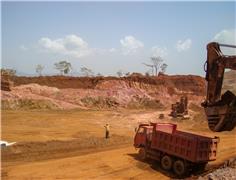
Several people have been killed in Liberia in an accident at an abandoned gold mine, the West African country’s mines ...
No comments have been posted yet ...